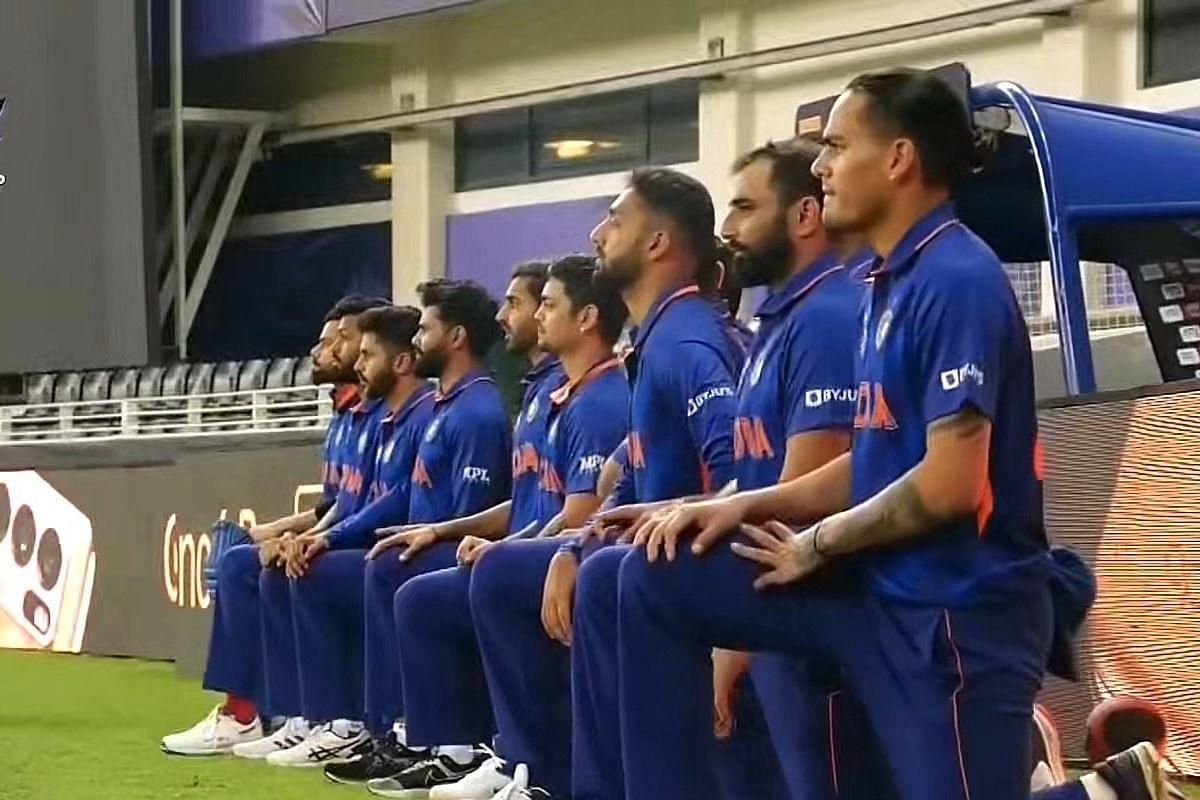
India need to address the issue of racism before it's too late
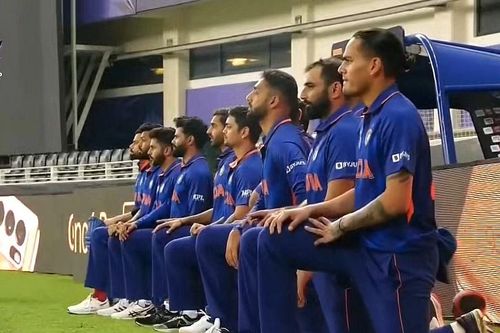
Indians have always had a sort of self-attested insulation against racism. The popular notion is that racism is a western phenomenon and the black/brown population can only be at the receiving end of it.
Yes, the Indian teams that have traveled around the globe over the years have found themselves open to racial discrimination and taunts. Former players have recounted incidents of name-calling including “bloody Indians” and other profanities. But no one can really claim moral superiority when it comes to the racist stigma.
There has always been a hierarchy when it comes to racism. It doesn’t necessarily flow from white to black or white to brown. But it almost always flows from the fairer skin to the darker skin.
Former West Indies pacer and broadcaster Michael Holding shared an experience from his own life in his book “Why we knee, how we rise”. Holding’s maternal relatives cut all ties with his family for years because his father was "too dark".
The story must come as a surprise at least to some people from the sub-continent who have not really been exposed to racial awareness. But the fact is, it is no different when it comes to India. Casual racism is so ingrained in common Indian minds that it doesn’t feel like a racist taunt when people indulge in name-calling. The nickname “Kalu” or its synonyms are not uncommon in social circles.
The racial undertone somehow gets hidden underneath due to the preconceived notion of Indians being of a single race. Even if you take it at its face value (though there are plenty of arguments against it), discrimination based on color still remains a fact in the Indian scenario which is nothing but blatant racism.
Prominent Indian cricketers have opened up in the past about casual racism in domestic circles
Prominent cricketers like Irfan Pathan and Abhinav Mukund have shared their experiences, throwing light on the casual racism in Indian domestic circles. Without naming the players involved, Pathan recounted name-calling and taunts were often involved when the players from the south played against teams from the north or the west.
Abhinav Mukund had more personal experiences to share. In a detailed note that he shared on social media, he wondered why people have been obsessed with the color of his skin right from his younger days. The revelations did get discussed for some time on social media, but there were no open conversations or cognizance among the cricket administrators.
The Daren Sammy saga that was swept under the carpet
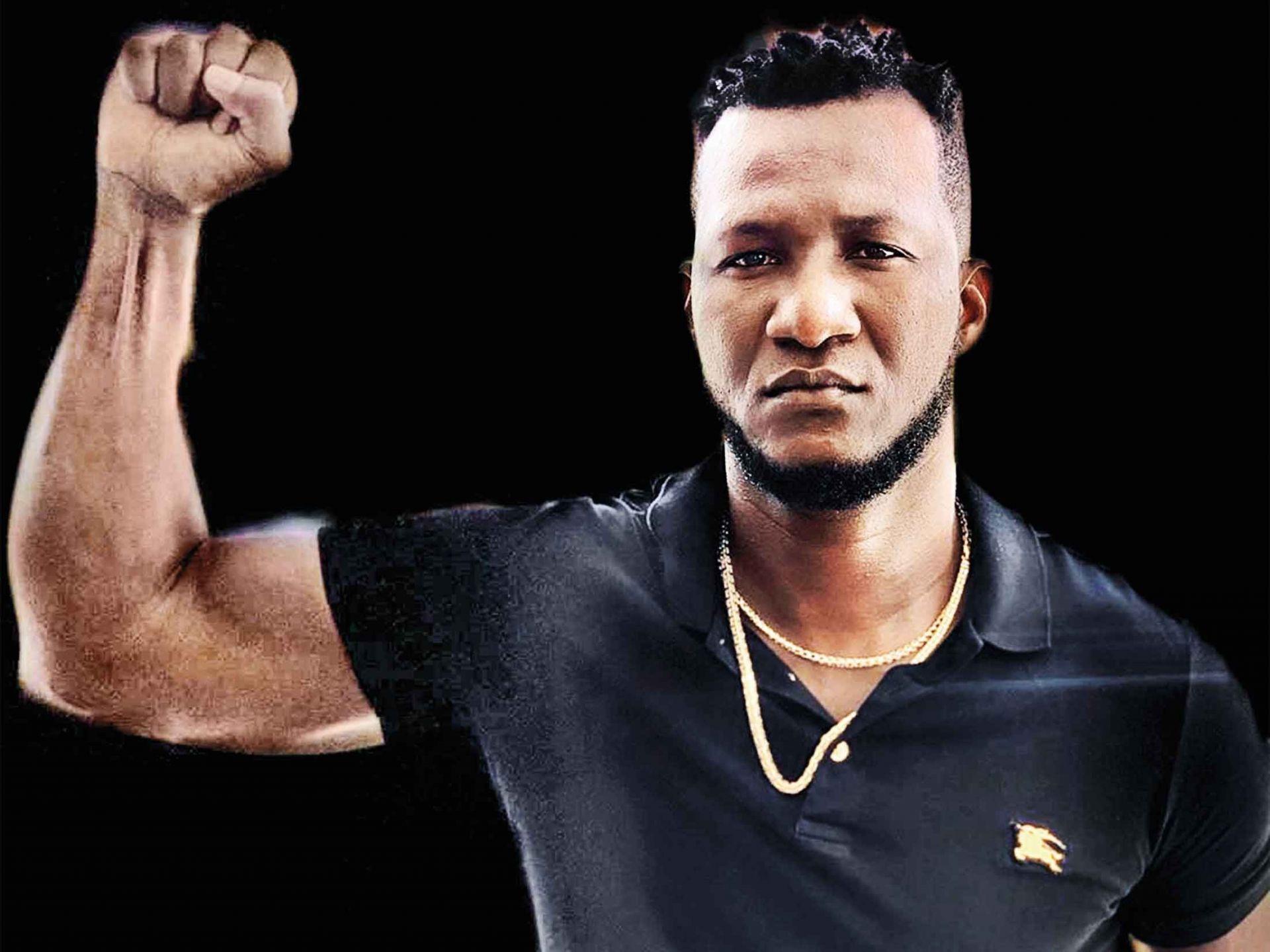
Two-time World Cup-winning captain Daren Sammy made a shocking revelation last year about how he was called “Kalu” by some of his Sunrisers Hyderabad teammates and from sections of the crowd. He wasn’t aware of the racial connotations of the word at the time and perceived it to be just a nickname. We can now easily understand how appalling it might have felt when the actual meaning of the word came to light.
Sammy later opened up about discussing the matter with one of the players involved and coming to a reconciliation. This might have been the end of the matter for him personally, but it should not have been the end for the Board of Control for Cricket in India (BCCI).
Ishant Sharma, one of the permanent faces in India’s red-ball side, posted a photo on Instagram, tagging Sammy as “Kalu”. It happened sometime in 2014 and came out after Sammy made the allegations. However, there was little discussion around it. Remember that the England and Wales Cricket Board (ECB) had to suspend Ollie Robinson after some of his 10-year-old tweets resurfaced, and there were definitely some discussions.
Now, it doesn’t necessarily mean that Ishant Sharma is a racist individual. He may not have intended it as a racist taunt either. He might just have fallen prey to the casual racism prevalent among us. The term is something that you come across in your daily life. People have become so accustomed to it that we fail to see the underlying casual racism.
Cricketing circles are already in turmoil due to racist allegations
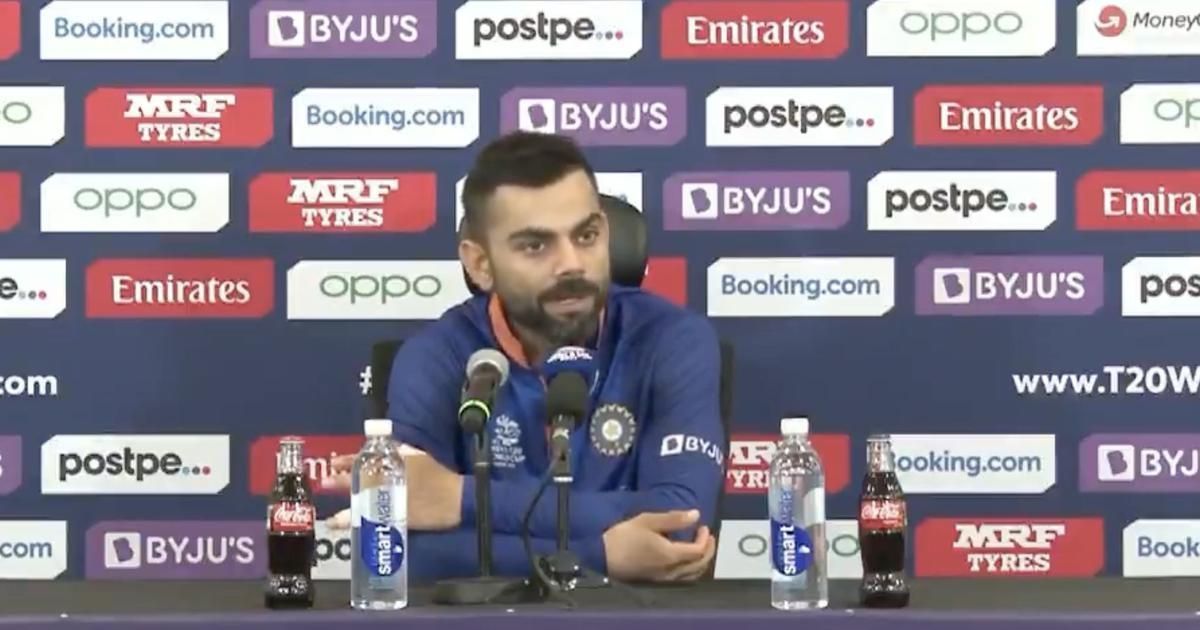
There was a major uproar when Mohammed Siraj fell victim to racial abuse from sections of the crowd in Australia earlier this year. Something similar happened in India in the last decade when Australia traveled here. Posters appeared in the Mumbai stands calling Andrew Symonds a “monkey”. Four people were evicted from the stadium, but once again, that was the end of it. Everything was brushed under the carpet. No discussions, no attempts to create awareness.
South Africa are currently going through a tough phase of reconciliation through the Social Justice & Nation Building hearings. Prominent names have come to the wrong end and there have been some difficult discussions. Yorkshire CCC and the ECB are in turmoil after the revelations made by Azeem Rafiq. More accusations are on their way, sponsors have ended relations and heads have already started to roll.
Sarfaraz Ahmed, who captained Pakistan until recently, was caught on the stump mic hurling racist taunts at Andile Phehlukwayo (once again the classic sub-continent term of “Kaalu” was involved). Jofra Archer revealed how he was targeted with racist jibes in New Zealand, which came as a surprise since the country is not often related to racism or hate.
What comes out of all this is that racism is a global phenomenon. Every country needs to be open about it, discuss and educate the people involved. You can’t hide your head under the sand and pretend that there is nothing wrong. The first step in addressing a problem is to acknowledge that one exists.
India need to acknowledge that racism is an issue
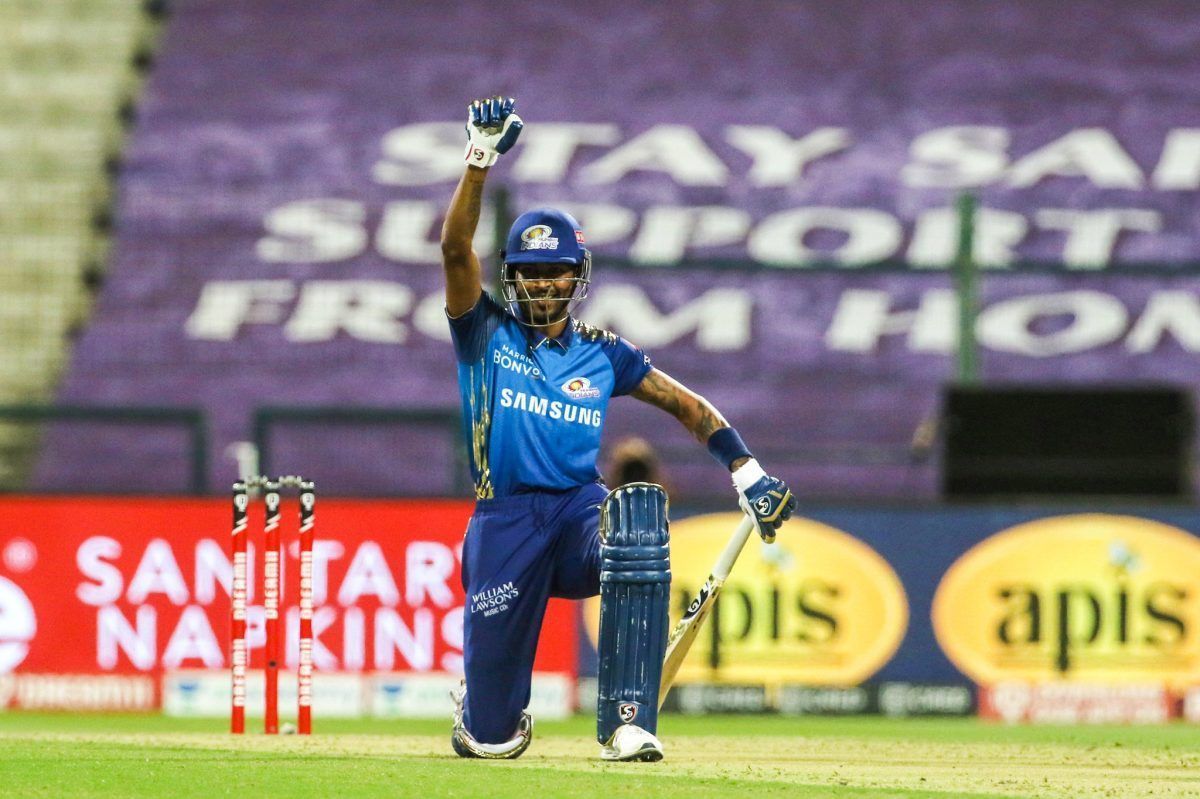
India have always been passive towards anything remotely related to racism. It has been a matter of acceptance that somebody from the sub-continent could be at the top-end of racial discrimination rather than at the receiving end.
One major change that we've seen in the last couple of months or so is the Indian players being more open about what they consider an injustice. It probably started with Hardik Pandya taking a knee in the previous edition of the Indian Premier League. At the time, it was an isolated move that gained little support in terms of replication from his other Indian teammates. However, come the T20 World Cup, the whole Indian team were united in taking the knee as part of a strong message against global racism.
Virat Kohli’s strong condemnation of the bigoted allegations aimed at Mohammed Shami after India’s loss against Pakistan in the World Cup is also to be commended. These are strong indicators that the Indian players are becoming more vocal in such matters, which wasn’t quite the case until the recent past. The ball is clearly in the court of administrators to decide how it needs to be moved forward.
The best way for the country's cricket administrators to tackle the issue would be to put it out in the open. The players and the people involved with the game need to be addressed and given an opportunity to come up with their struggles. The discussions, along with open awareness programs, are the only way by which a clear distinction can be established between what is acceptable behavior and what is not.
The world is shocked at what is coming out at the Yorkshire CCC and at the SJN hearings. What is happening there today can also happen here tomorrow. Unless you speak about it in the open and educate the players right from the junior levels, there won’t be enough knowledge to differentiate between right and wrong. Mind you, it isn’t something that can be achieved overnight. We are looking at a major cultural shift. Individuals are a product of their past and the present. The social stigmas and tendencies will definitely reflect in them. We must remember that casual racism may not be evident to everyone unless you are at the receiving end of it.
